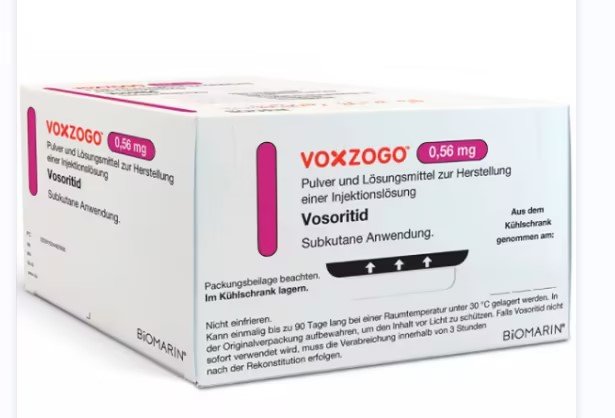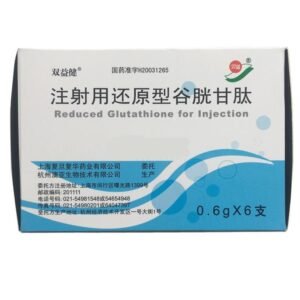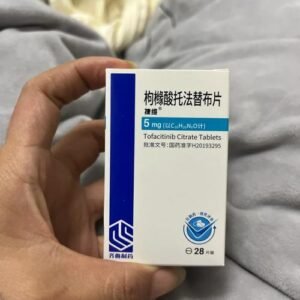vosoritide、 Voxzogo、伏索利肽
Vosoritide is a prescription medication used to treat achondroplasia. It mimics the effects of C-type natriuretic peptide (CNP) to regulate growth plate activity, helping to improve linear growth velocity and adult height potential in children. Its core function is to promote chondrocyte differentiation and longitudinal bone growth. It should be used under a physician’s supervision.
Main Benefits and Effects
Promoting Linear Bone Growth: By inhibiting overactivation of fibroblast growth factor receptor 3 (FGFR3), it improves growth plate function, thereby increasing bone length.
Improving Adult Height Prediction: Clinical trials have shown that long-term, regular use can significantly increase growth velocity and optimize expected adult height.
Reducing the Risk of Related Complications: It may indirectly reduce spinal and joint problems caused by skeletal deformities, but this requires combined treatment with other therapies. Mechanism of Action
Vosolitide is a C-type natriuretic peptide analog that binds to specific receptors and activates the downstream cGMP signaling pathway, counteracting the inhibitory effects of FGFR3 gene mutations on chondrocyte proliferation and promoting chondrocyte differentiation and matrix synthesis in the growth plate.
Indicators and Precautions
Indicators: Children aged 5 years and older diagnosed with achondroplasia with unclosed epiphyses. Treatment should be initiated after evaluation by a healthcare professional.
Instructions for Use:
Subcutaneous injection once daily. Dosage should be adjusted based on weight. Follow your healthcare professional’s instructions strictly.
Growth markers, cardiovascular function, and skeletal development should be monitored regularly during treatment.
Common Side Effects: Injection site reactions (redness, swelling, pain), headache, and hypotension, usually mild to moderate. Seek medical attention immediately if severe allergic reactions or persistent discomfort occur.
Important Notice: Vosoglitide is a prescription drug. Do not purchase or adjust your medication regimen on your own. Patients require individualized treatment under the guidance of a specialist (such as a pediatric endocrinologist or genetics and metabolism specialist), along with comprehensive management including nutrition and rehabilitation. Currently, there is no cure for achondroplasia, and the efficacy of medications varies from person to person. Long-term efficacy still requires further research data.
See more
Share:
Products
Our offers
Health Classification
Let us work together to protect precious health




























